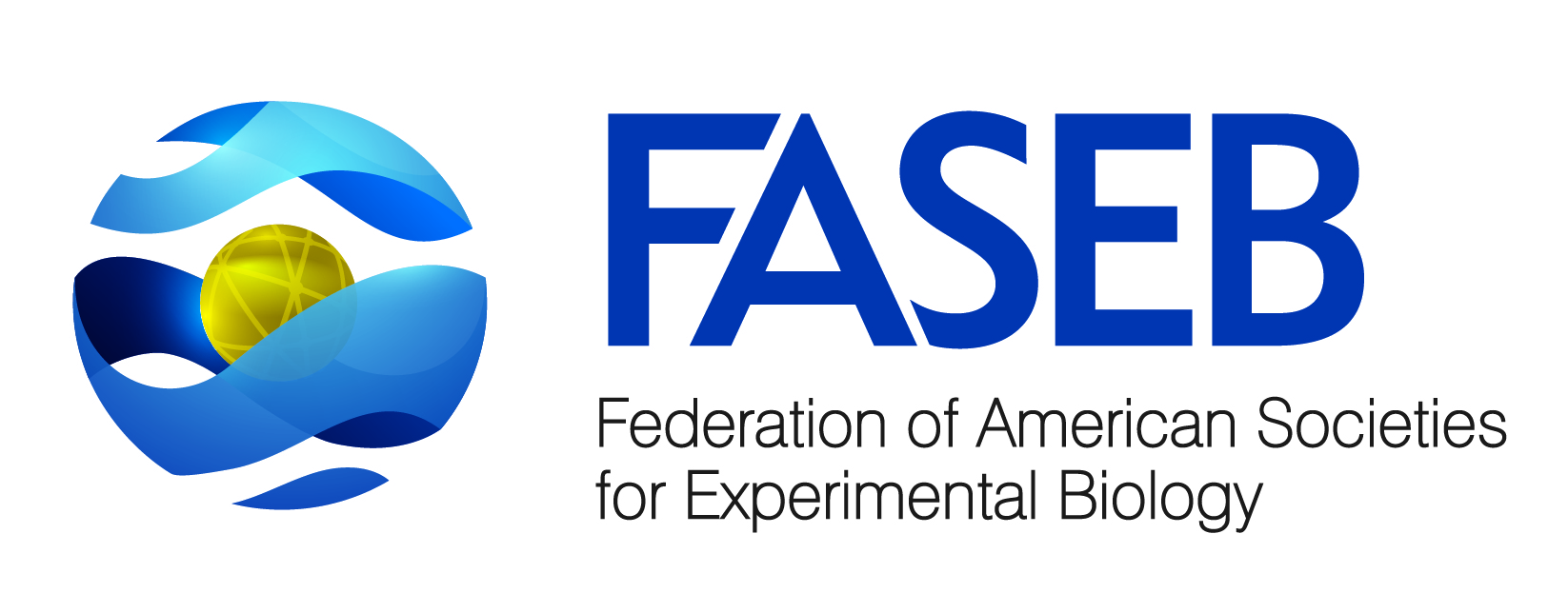Newswise — Boston (March 31, 2015) – Depression is a major health problem for which most patients are not effectively treated. In particular, depression is an increasing problem in children and teenagers. The most commonly prescribed antidepressants are selective serotonin reuptake inhibitors (SSRIs), only two of which are FDA approved to treat depression in children and adolescents.
However, the therapeutic benefit afforded by SSRIs in kids is very limited. Nathan Mitchell, a graduate student at the University of Texas Health Science Center in San Antonio wanted to know why the therapeutic benefit afforded by SSRIs was so limited in children and teenagers. If researchers can uncover the biological mechanisms preventing available treatments from producing antidepressant effects, scientists can then target those mechanisms to develop new antidepressants that will treat childhood and adolescent depression more effectively.
SSRIs are thought to relieve depressive symptoms by increasing levels of serotonin, a common brain chemical. SSRIs do so by blocking the serotonin transporter, which acts like a vacuum cleaner to clear serotonin from the space around neurons in the brain. However, Mitchell and colleagues have recently found that there is more than one kind of “vacuum cleaner” for serotonin in the brain. They reasoned that the action of these auxiliary transporters may serve to undermine the therapeutic utility of blocking the serotonin transporter. To test this hypothesis, Mitchell investigated the expression and function of these auxiliary transporters in the hippocampus, a brain region critical in regulating mood.
The research will be presented at the American Society for Pharmacology and Experimental Therapeutics (ASPET) Annual Meeting during Experimental Biology 2015.
Their research found that in juvenile mice there was much greater expression of one auxiliary “vacuum cleaner for serotonin” in particular, called the plasma membrane monoamine transporter, than in adult mice. Moreover, the serotonin transporter was less functional in juvenile mice than in adults. Like children and adolescents, the research team also found juvenile mice to be less sensitive to the effects of SSRIs in behavioral tests that provide measures of antidepressant-like activity. These results suggested that increased activity of the plasma membrane monoamine “auxiliary vacuum cleaner” during childhood may help to explain their poor therapeutic response to SSRIs. Another interesting outcome indicated that blocking this transporter produced antidepressant-like effects in juvenile mice, but not in adults.
Together these results uncover a putative new target, the plasma membrane monoamine transporter, for the development of novel antidepressants with improved therapeutic benefit in children and teenagers and Mitchell and colleagues are continuing research to achieve this goal.
Nathan Mitchell will present the findings during the Experimental Biology 2015 meeting on Tuesday, March 31, from 12:30-2:30 p.m. at the poster session in Exhibit Hall AB, Boston Convention & Exhibition Center.This research study was funded by the National Institute of Mental Health, National Institutes of Health.
###
About Experimental Biology 2015Experimental Biology is an annual meeting comprised of more than 14,000 scientists and exhibitors from six sponsoring societies and multiple guest societies. With a mission to share the newest scientific concepts and research findings shaping clinical advances, the meeting offers an unparalleled opportunity for exchange among scientists from across the United States and the world who represent dozens of scientific areas, from laboratory to translational to clinical research. www.experimentalbiology.org
About the American Society for Pharmacology and Experimental Therapeutics (ASPET)ASPET is a 5,100 member scientific society whose members conduct basic and clinical pharmacological research within the academic, industrial and government sectors. Our members discover and develop new medicines and therapeutic agents that fight existing and emerging diseases, as well as increase our knowledge regarding how therapeutics affects humans. www.aspet.org ### MEDIA CONTACTAnne Johnson571-271-1986[email protected] ONSITE NEWSROOMBoston Convention and Exhibition CenterMarch 28 – April 1, 2015Phone: 617-954-3969
